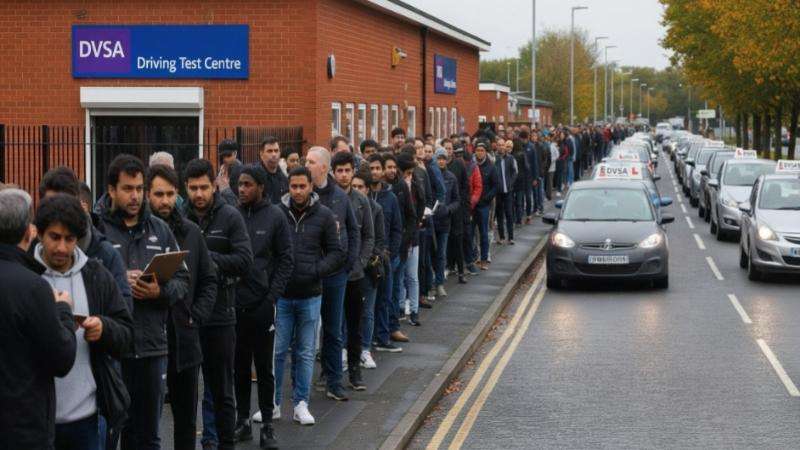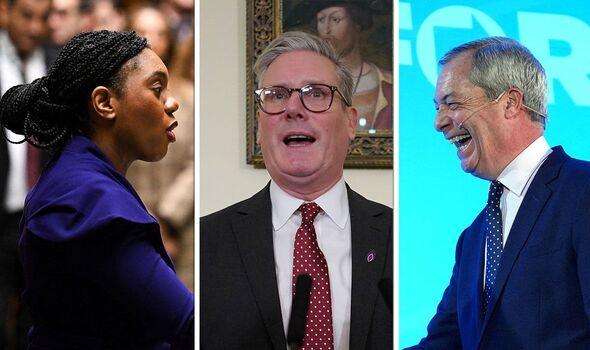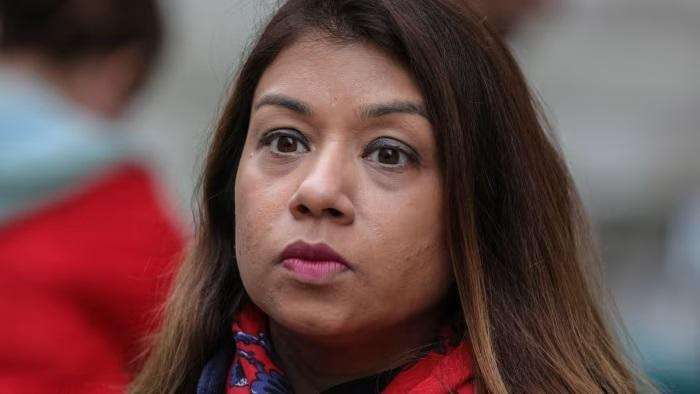A senior Tory has dismissed the importance of opinion polls, saying those who focus on them “need to get a life,” as the party continues to struggle in the aftermath of its 2024 election defeat.
Alex Burghart, the shadow chancellor of the Duchy of Lancaster, made the remark in response to Laura Kuenssberg’s claim that Nigel Farage’s Reform UK is “outperforming” the Conservatives in the polls.
Speaking on Kuenssberg's BBC show on Sunday, Burghart said, “Some polls show Reform ahead, while others have us in the lead. But anyone fixated on polls at this stage in the electoral cycle needs to get a life. The next election is four years away.”
However, with Burghart downplaying their significance, what do the polls actually indicate? Yahoo News UK takes a closer look.
What do the polls say?
On Monday, Reform UK topped YouGov's voter intention poll for the first time.
The poll, which surveyed 2,465 Britons on who they would vote for if an election were held tomorrow, placed Reform UK in the lead with 25%, followed by Sir Keir Starmer’s Labour at 24% and Kemi Badenoch’s Conservatives at 21%.
YouGov noted that the one-point lead was within the margin of error.
Meanwhile, an Opinium poll for The Observer on Sunday showed Labour at 27%, Reform at 26%, and the Conservatives at 22%.
These findings are part of a growing trend in polling that suggests Reform has at least drawn level with the Tories in public opinion.
Does any of this matter?
In a manner, Burghart has good reason to doubt opinion polls because the next general election might not happen until August 2029. Events can drastically change the political environment, as the last parliament showed.
For instance, a few months after the party's spectacular victory in the 2019 general election, Tory support peaked at 53% in April 2020, according to YouGov's voting intention tracker, while Labour's support was at 32%.
However, such excellent opinion ratings were meaningless in the context of the election four years later, as the party saw its worst-ever election outcome after a slew of scandals and a collapse in the economy.
Furthermore, Reform performing well in the opinion polls doesn't change the fact the next election will be held under the first past the post voting system, which benefits Labour and the Tories.
However, to dismiss Reform's polling, as Burghart did on Sunday, would be to ignore the impact Farage's party is having on the two main parties.
On Friday, a Techne UK poll for The Independent found 33% who said they voted Tory last year are now backing Farage’s party.
The Sunday Times has reported Starmer is set to pursue a tougher stance on immigration in response to Reform's threat.
James Johnson, co-founder of the JL Partners polling company which suggested Reform is currently projected to win 102 seats to the Tories' 190 and Labour's 200, was quoted in the paper as saying: “Labour or the Conservatives will struggle to form the next government without removing the threat of Nigel Farage’s party. Reform is taking votes from Labour in the old red wall. And it is stopping the Tories from making gains against Labour elsewhere."
And polling guru Prof Sir John Curtice told The Independent that Reform's surge is legitimate.
“The general election is a long way off but the challenge is real and much will depend on Reform funding and ability to create a party machine, plus what happens to the economy and the NHS.”
_3.jpg)







.svg)


